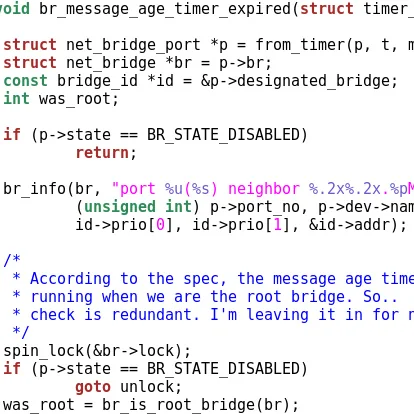GStreamer Has An Exciting 2019 Planned With Some Big Features

The developers are working on shipping GStreamer 1.16 this month while GStreamer 1.18 will be out later in the year. We've covered development work towards GStreamer 1.16 already and it's notable with initial AV1 support, closed captions for videos, planar raw audio, WebKit WPE as a web browser source element, improved NVIDIA GPU support, and more.
Covered during the presentation was also WebRTC improvements that continue to be worked on, embedded system improvements, support for the Secure Reliable Transport (SRT) video streaming protocol, non-interleaved audio, better latency, and a lot of optimizations.
Looking towards GStreamer 1.18 and beyond, neural networks in the context of this multimedia framework are being evaluated. There is also exploration around scalable streams, the never-ending work on performance optimizations, the Meson build system support nearly mature, continued explorations around VR, HDR video, better OpenCV integration, more NVIDIA CUDA support, and continued integration around Rust.
Tim-Philipp Müller made it clear though they do not intend to rewrite GStreamer entirely in Rust or to even make the language a hard dependency, but they will do more without breaking this backwards compatibility and this language does hold potential for the longer term, including more bindings.
Those wanting to learn more about GStreamer in 2019 can see the FOSDEM slides as well as the recording (WebM) of the talk.
6 Comments

